AO Edited
Hasankeyf
This ancient city - home to nine civilizations - is soon to be buried under 200 feet of water.
The settlement of Hasankeyf in southeastern Turkey has been continuously inhabited for nearly 12,000 years, its location near the river Tigris making it a key prize for the great civilizations of Mesopotamia. Modern civilization, however, has left its days numbered.
The first inhabitants of Hasankeyf were cliff dwellers, who settled in the caves along the rock face of the Raman Mountains. Over the following millennia, the Assyrians, Romans, Byzantines, Mongols, and Ottomans would cycle through these lands, leaving behind their bridges, palaces, and temples. Few ancient cities can lay claim to such a wealth of history. And, although the city’s crumbling mausoleums and teetering minarets make an obvious claim to the past, even more secrets of antiquity still remain underground, a treasure trove of archeological potential.
Hasankeyf’s fate, however, has been sealed by the encroachment of the Ilisu Dam, a massive engineering project that will create a 121-square-mile reservoir. As a result, water levels in Hasankeyf are expected to rise by 200 feet (enough to reach the upper balcony of the famed minaret). While the dam project will provide much-needed jobs and generate nearly 2 percent of Turkey’s electricity supply, it has fallen out of favor with the international establishment due to the impending displacement of people living in the region and the inundation of cultural sites like Hasankeyf. However, although international funding for the dam was pulled in 2008, construction has continued with the support of several large Turkish banks. There are plans to relocate about a dozen monuments in the city before the tide comes in, but much of what remains to be discovered will certainly be lost. Those planning a visit are advised to make it soon.
Know Before You Go
The Ilısu Dam was completed in 2020 and the town is now completely overflooded.
Community Contributors
Added by
Edited by
The Atlas Obscura Podcast is Back!






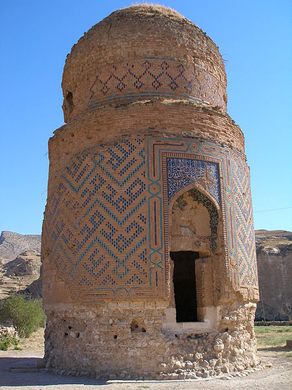
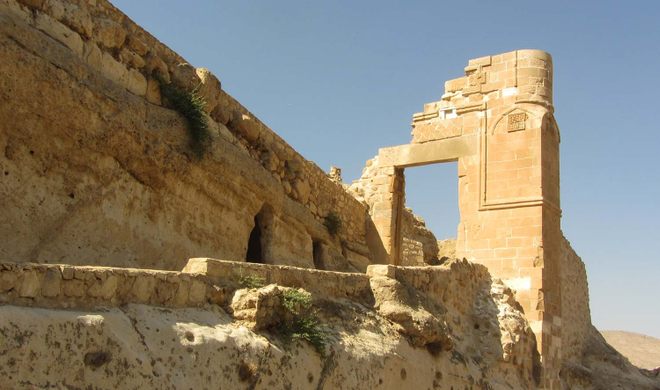
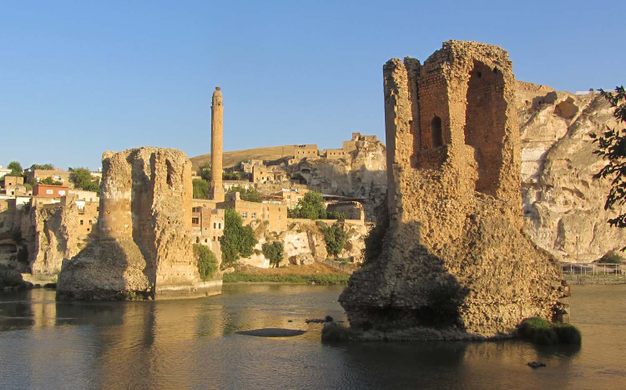










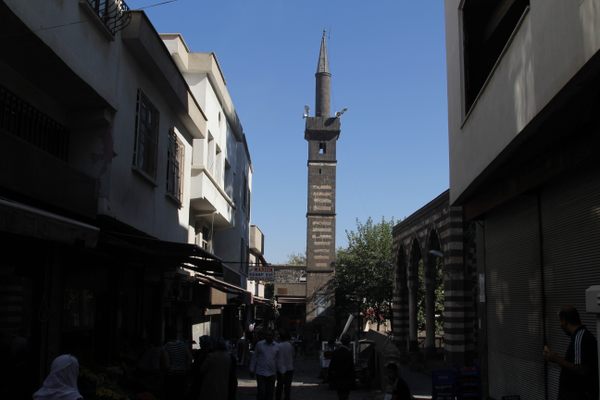
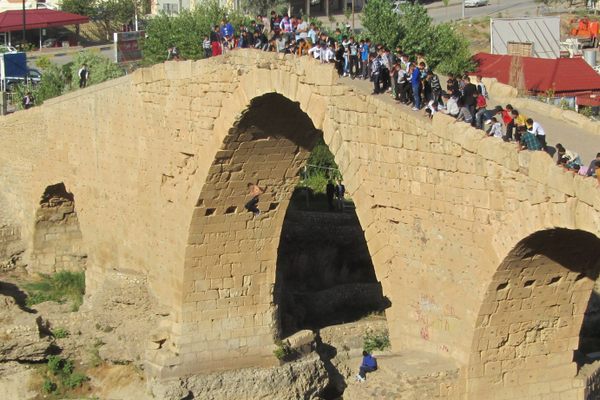
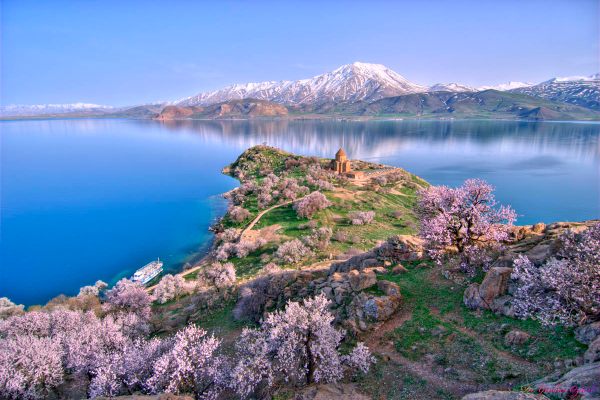





Follow us on Twitter to get the latest on the world's hidden wonders.
Like us on Facebook to get the latest on the world's hidden wonders.
Follow us on Twitter Like us on Facebook